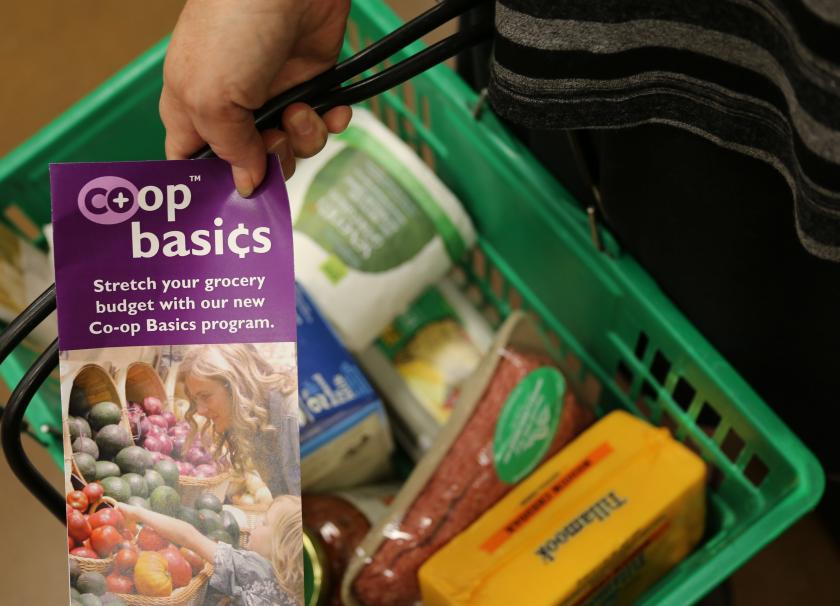
Feed an (Italian) army with Co+op Basics
My Italian Grandmother’s heart swells every time she sees my well-stocked pantry. I am prepared to feed an army at a moment’s notice, and sometimes that actually happens with my big family. But what my Grandma doesn’t know is how much I save by stocking my pantry with Co+op Basics products.
From nuts to pasta to olive oil to broths, all are on standby in my pantry looking forward to when they join a pot to make a yummy meal. My well stocked rice, quinoa, vinegar, dressings and beans eagerly await the day they will become a salad in that new ceramic bowl they’ve been making googly eyes with. All of these are Co+op Basics products and are going to save you heaps of money.
What is Co+op Basics?
Through the National Co+op Grocers, we have pooled our buying strength with over 150 food co-ops across the country to negotiate lower prices on essential daily products. When we save, you save, so we introduced Co+op Basics. Co+op Basics offers 260 staple food and household items at or below suggested retail cost.
But we decided to take it one step further. Our department managers said, "This is good, but we can do better." On top of the NCG negotiated low prices, each department at the Co-op has chosen popular must-have items and reduced their price (often dramatically) to give you more savings at the register.
From the pantry to medicine cabinet, Co+op Basics can save you money in every part of your home.
The Refrigerator
It’s where you start your day. Half-asleep, you prepare breakfast. You make coffee, scramble some eggs with splash of milk, sprinkle with cheese, and grab a yogurt and an apple for a mid morning snack. Guess what? All of these items are on Co+op Basics.
Beyond breakfast, Co+op Basics foods are also staple at my Sunday family dinners. Imagine feeding 50 Italians on linguini and meatball night? Thankfully, I can and not break the bank. From grass-fed beef to pasta sauce, almost the entire meal is cooked with Co+op Basics products.
Tip: Shop the purple Co+op Basics tags AND use your 10% owner's discount for extra savings. With the combined savings, you’re often getting your items below cost. Now that's exciting!
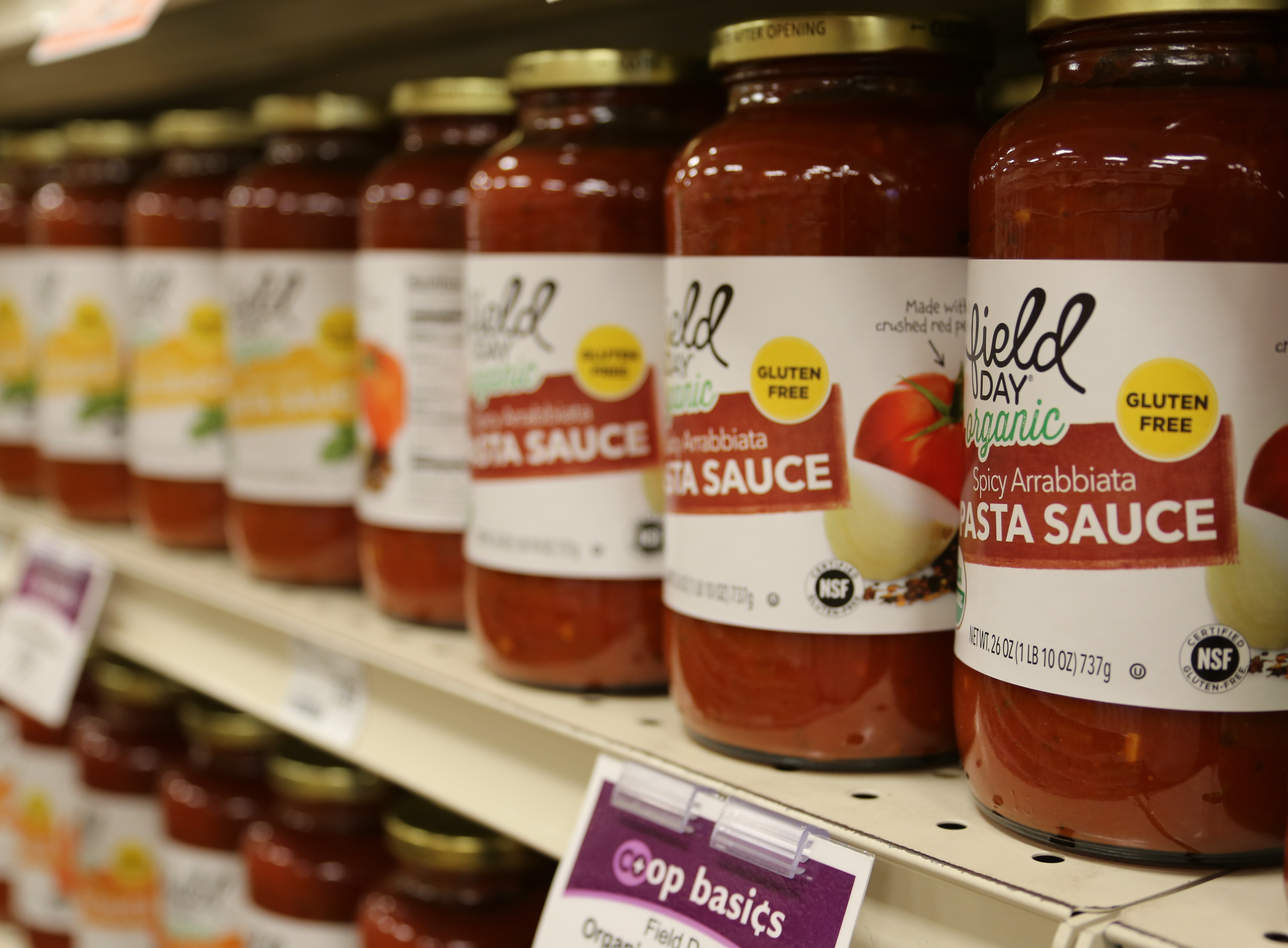
The Pantry
I learned at an early age that a pantry should be filled with a family’s favorite canned tomatoes and pasta for weekly marinara night. There’s nothing better than being the one who gets to choose which shape pasta the family will eat that night. From pasta sauces to olives to linguine to spaghetti to fusilli and penne, these staple Co+op Basic products make dinner fun and delicious.
Tip: Did you know that you can save 70% when you buy Co+op Basics pinto beans in bulk versus canned? And that you can save 55% when you buy quinoa in bulk versus a box off the shelf? Yes please!
The Bathroom
Shampoo, toothpaste, soap, toilet paper and tissues are all home essentials we’ve cut prices on to pass those savings to you. Interested in taking healthy supplements? Fill your medicine cabinet with over 80 Wellness items on Co+op Basics.
Tip: If your wellness/body care products total $100 or more, you get a 10% discount on those products. This happens automatically at the register for owners and non-owners. Imagine buying $100 of Co+op Basics wellness/body care products, getting your 10% wellness discount AND adding your 10% owners discount- we’re practically paying you to take those products home.
Storage Closet
Storage closets offer a central place to store our household items. Growing families will be happy to know that we have diapers, wipes, formula and baby food at reduced prices on our Co+op Basics program. In my family, we’re in love with Sappo Hill Soap. It’s in our shower, kitchen sink, bathroom sink and I’m pretty sure my husband sleeps with a few under his pillow. It’s local, has only a few ingredients and it’s on Co+op Basics.
Tip: Keep an eye out for manufacture coupons on Co+op Basic items. I buy my favorite Co+op Basic dish soap when it has a manufacturer’s coupon and it’s the best price in town.
Learn first hand how to plan and prep budget friendly meals using Co+op Basics products. Sign up for our Co+op Basics Cooking Class this Wednesday, September 28 at 6:30pm. FREE to Co-op Owners. Can’t make it then? We’ll offer another class after the first of the year. Stay tuned!
More Co-op News
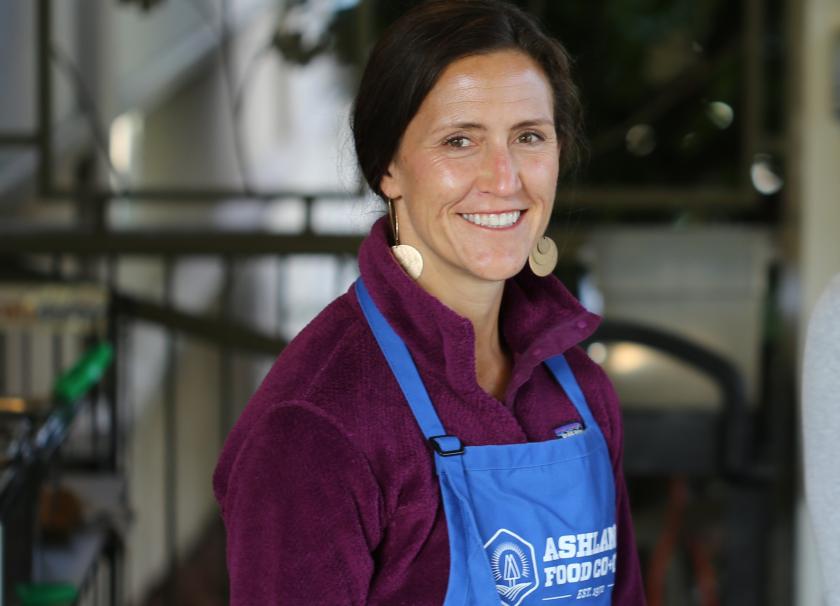
Lisa Beam: Why I'm a Board Member
Why serve on the Board of Directors at the Ashland Food Coop? This was the question that I was faced with about a year ago.
I have lived, worked and shopped in Ashland for the last 20 years. Many of those years I have actively participated on non-profit boards, civic organizations and committees. However, in the last few years I stepped away from those responsibilities to focus on family and business life.
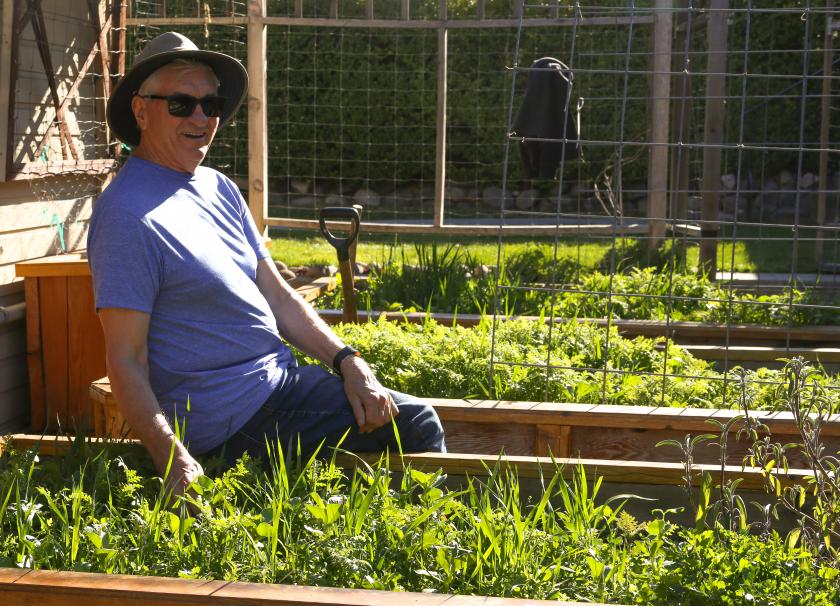
Henry in the Garden: The Pollinator Plan
By Henry Herting, Co-op garden volunteer
It's that fun time of the year when we get to plan our gardens. This year since our pollinators are taking such a hard hit, we are planning a pollinator garden.
Some plants that are considered good for pollinators are not so good fo the gardeners. They are invasive; they are weeds. Nobody likes weeds in their garden - who likes getting down on their knee pads and clawing at deep-rooted weeds growing in places where you don't want them?

Rogue To Go at the Co-op
We are excited to announce the official launch of Rogue To Go at the Ashland Food Co-op!
Rogue To Go is a reusable container pilot program. The pilot connects five participating restaurants by offering a reusable container that can be used for meals to-go and help eliminate single-use boxes. These O2GO containers are made locally in Bend, Oregon by OZZI. The bright green containers are 100% recyclable through a specialty recycler - truly zero waste!
How can you start using Rogue To Go? Check out the steps below and follow along with a walk-through video.
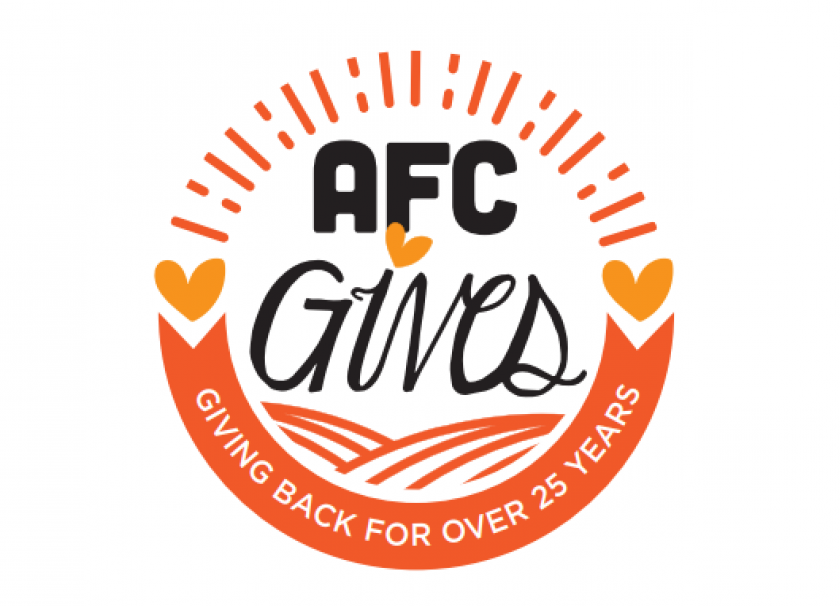
Apply for an AFC Gives community grant
For over 25 years, the Ashland Food Co-op has been re-investing in the local community by awarding grants to non-profit organizations doing important work in the Rogue Valley. Putting the seventh cooperative principle, "concern for community," into action, over $30,000 was donated in 2019 - and in 2020, there are even more opportunities for non-profits.
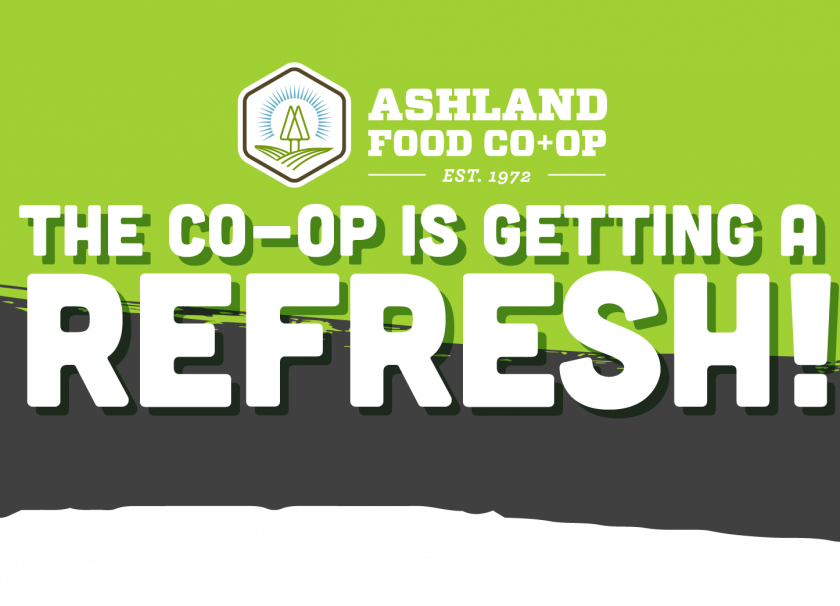
The Co-op is getting a refresh
We are giving our store a much-needed fresh coat of paint. We think you'll enjoy the changes!
When
The painting team will begin our project on February 5th, 2020 with a start time of 9pm.
Where
The entire retail store, deli serving area and interior seating area will receive a fresh new coat of paint.
Timeline
If all goes as planned, our painting project should be finished by February 20.
Will Store Hours Change?
No. We will be painting from 9pm to 5am.
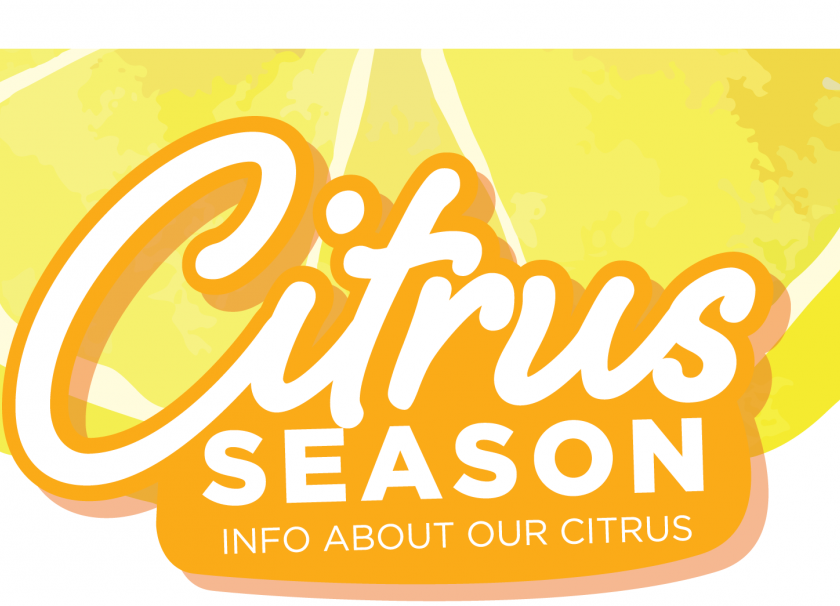
Explore citrus!
Looking to explore some new citrus varieties? Know more before you go! Check out the many types of sweet, sour and somewhere in between that you can enjoy at the Co-op! (Availability may vary due to seasonality.)
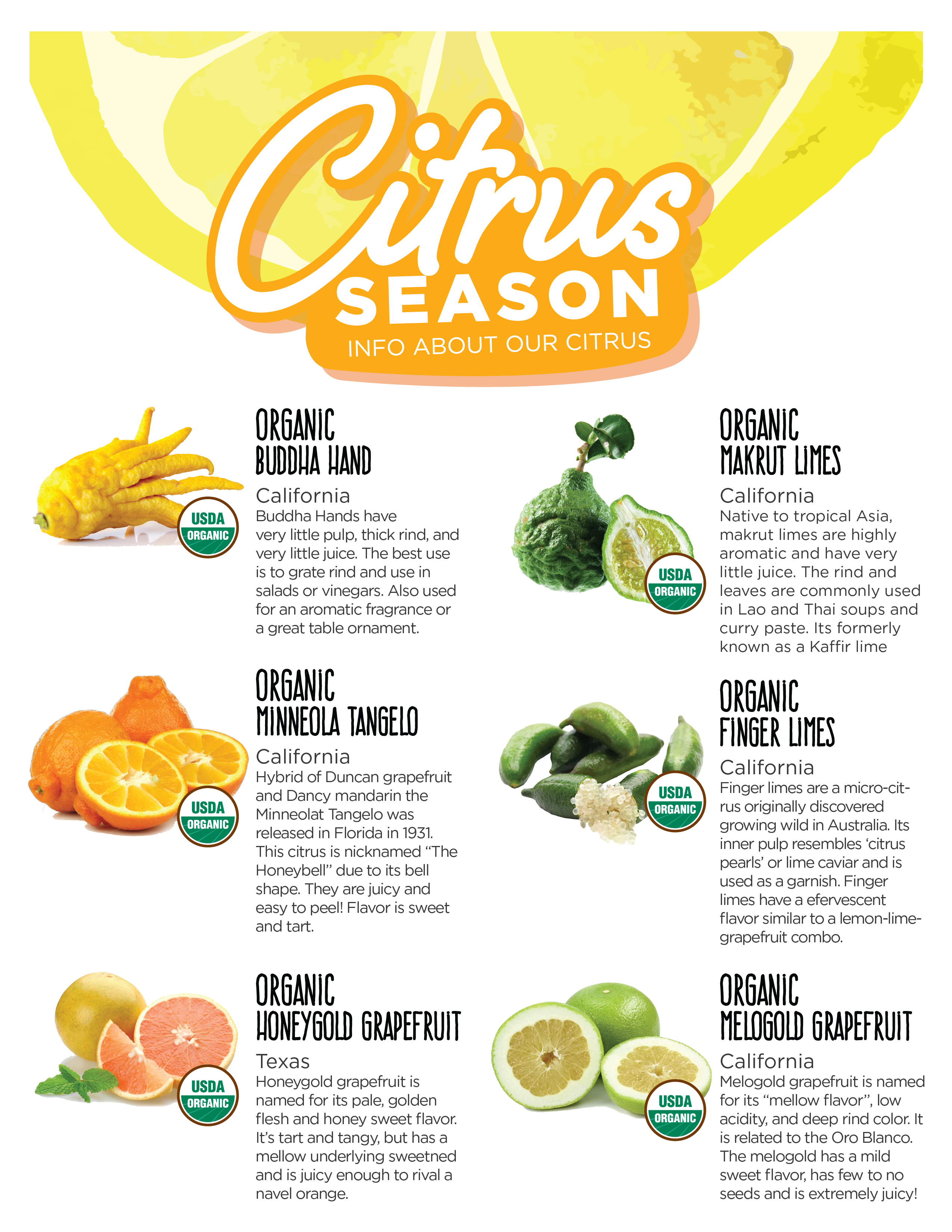
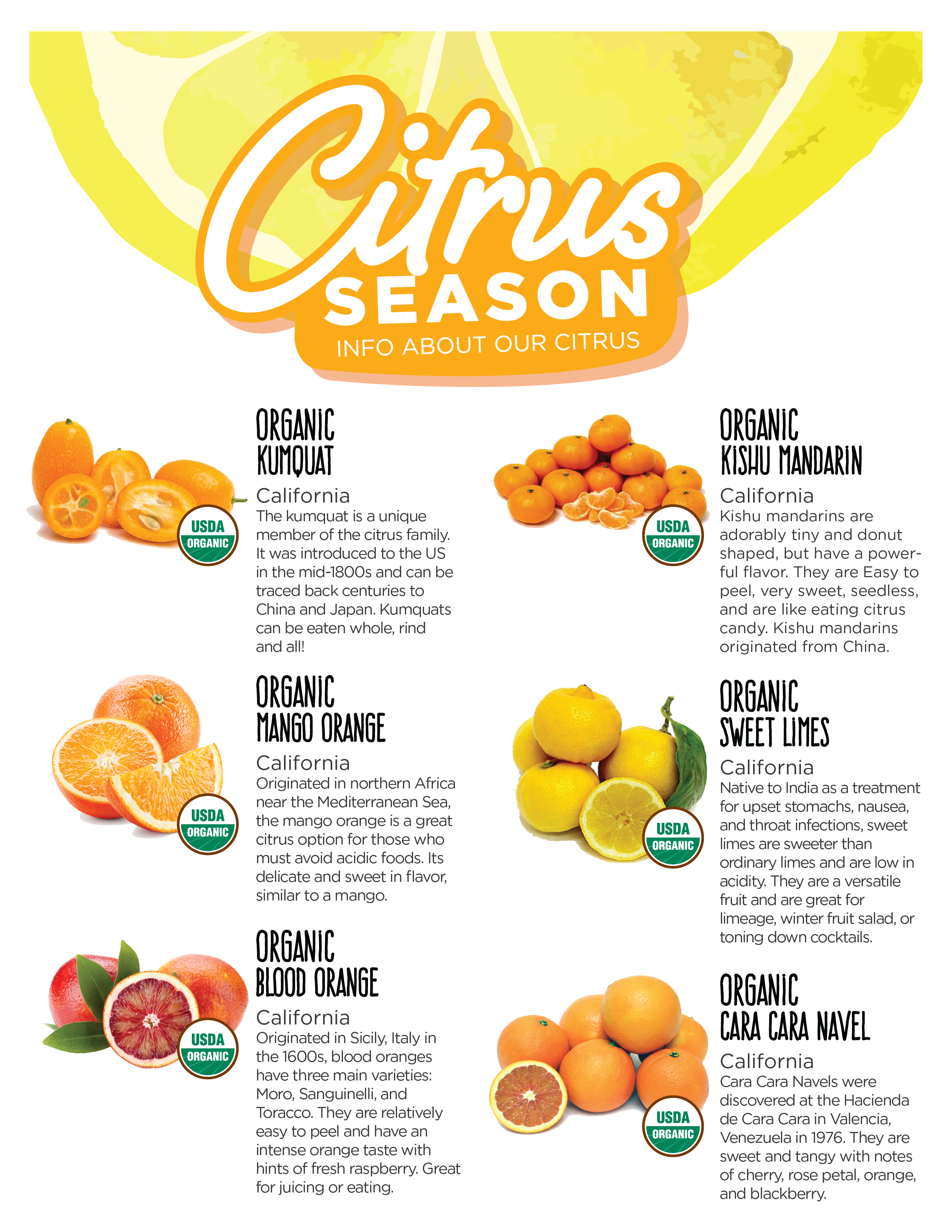
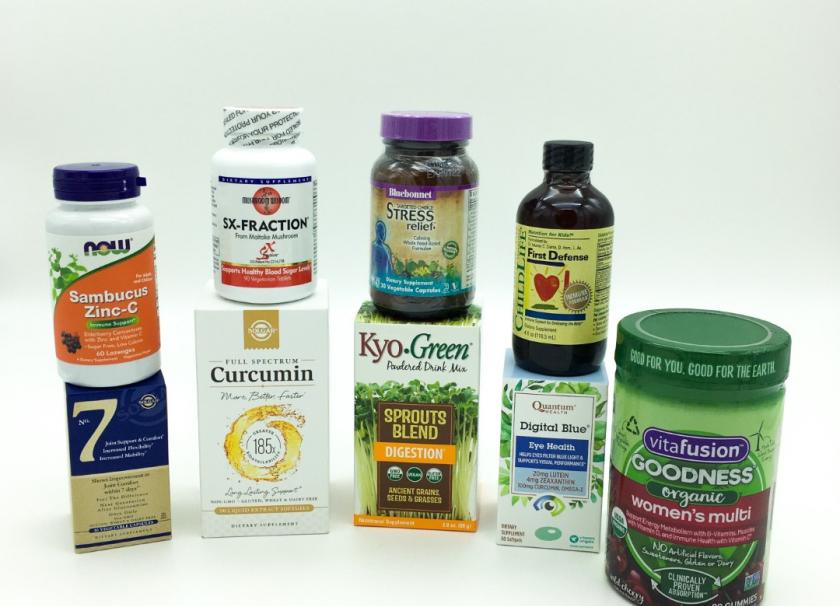
Taste for Life winter wellness giveaway
It's a month of giveaways from Taste for Life!
Giveaway #1 has finished up - so it's time for #2! This giveaway runs 1/27-2/2, so sign up below.
This package includes: NOW's Sabucus Zinc-C lozenges, Mushroom Wisdom's SX-Fraction, Bluebonnet's Stress Release formula, ChildLife's First Defense immune formula, Vitafusion's Organic Women's Multi vitamin, Quantum Health's Eye Health supplement, Kyo-Green Sprouts Blend digestion supplement, Solgar's full spectrum Curcumin supplement, and Solgar's No. 7 joint comfort supplement.

Rogue Co-ops College Scholarship
As part of the Rogue Co-ops, a group of Rogue Valley cooperative businesses that includes Ashland Food Co-op, Grange Co-op, Medford Food Co-op, and Rogue Credit Union, we're excited to offer a scholarship opportunity to local high school students planning on attending college.
The Rogue Co-ops have collectively funded a $2,000 scholarship (and Grange Co-op offers an additional eight $1,500 scholarships) for students (in public, private or home school settings) who meet the following requirements:

Become an Owner-Volunteer with the AFC Board
The AFC Board of Directors is looking for owner-volunteers for three board committees: the Owner Engagement Committee (OEC), Board Development Committee (BDC), and AFC Gives Committee.
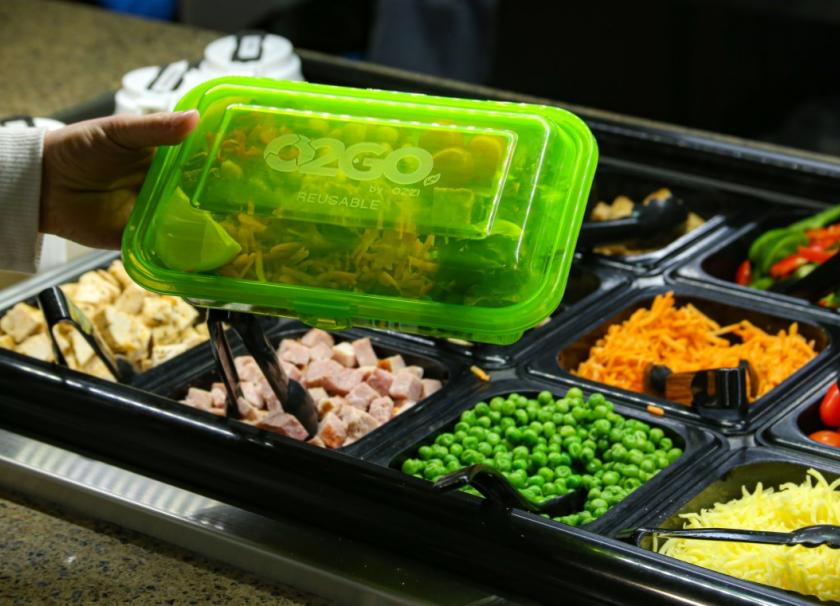
Sustainability Update: Building on a Strong Foundation
Sustainability Update
Our team has been working on many different projects throughout the year, taking great steps to fulfill our four sustainability goals. Our four goals to achieve by 2030 are: carbon neutrality, zero waste, eliminating toxic chemicals, and being a leader in our sustainable community. We look forward to our sustainable success in the upcoming decade!

2020: A vision for the future through Co-ops and local food
As the 2010s come to a close, the “20/20” eyesight analogy couldn’t be more appropriate for the new decade. With our eye on the future, there’s clearly a sense of urgency and awareness of the unique times we’re living in: a changing climate, increases in costs of living, and the shared pressures of a globalized world.
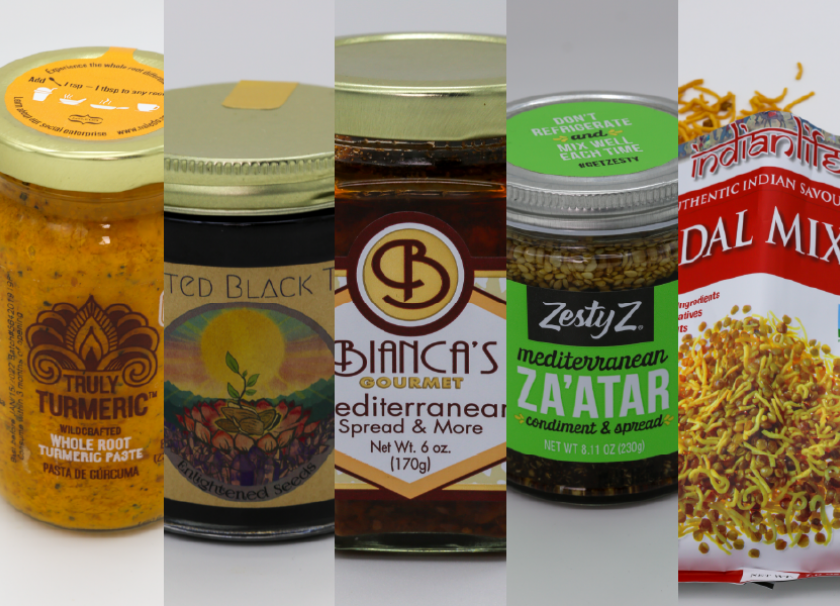
5 Items to Try: Spreads, Condiments & Snacks
It's fun trying new things! Here are five items you can find at the Co-op with a distinctly international flavor. Whether you're spreading them on some bread or naan, mixing up a salad dressing, or just want something salty and crunchy to snack on, try these out next time you want to elevate your dishes.
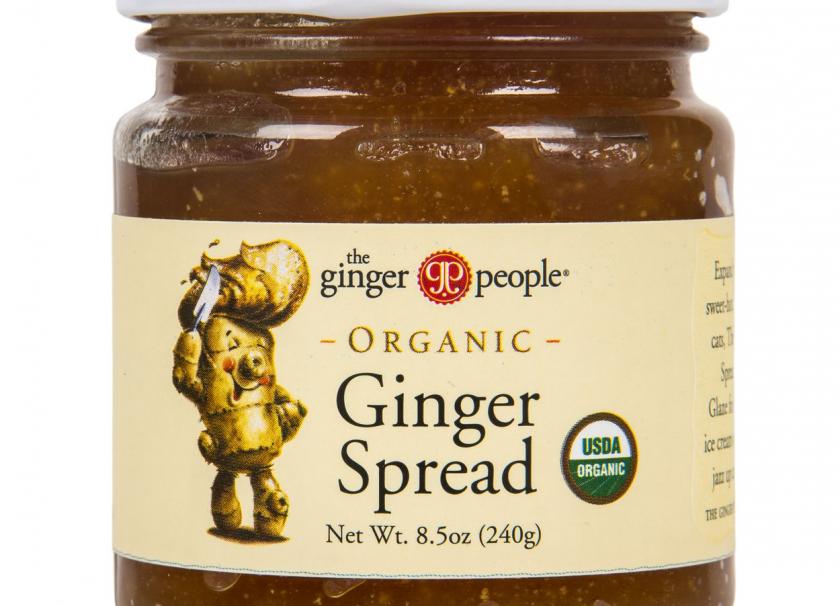
10 Ways to Enjoy: Ginger Spread
Sometimes you might come across a product at the Co-op and ask, "That looks good, but how in the heck can I use it in my cooking?" To answer that question, we picked this Ginger Spread made by The Ginger People (famous for their Gin-Gin candies). Grab a jar and try some of these unique applications in your own kitchen - or get inspired to utilize it in another way.

Meet Your Board: Melina Barker
Hello, Co-op members! My name is Melina Barker, and I joined the AFC Board of Directors this July. Since then, I have been busy learning about all the work the previous members have done to craft strategic goals to support the success of the AFC.
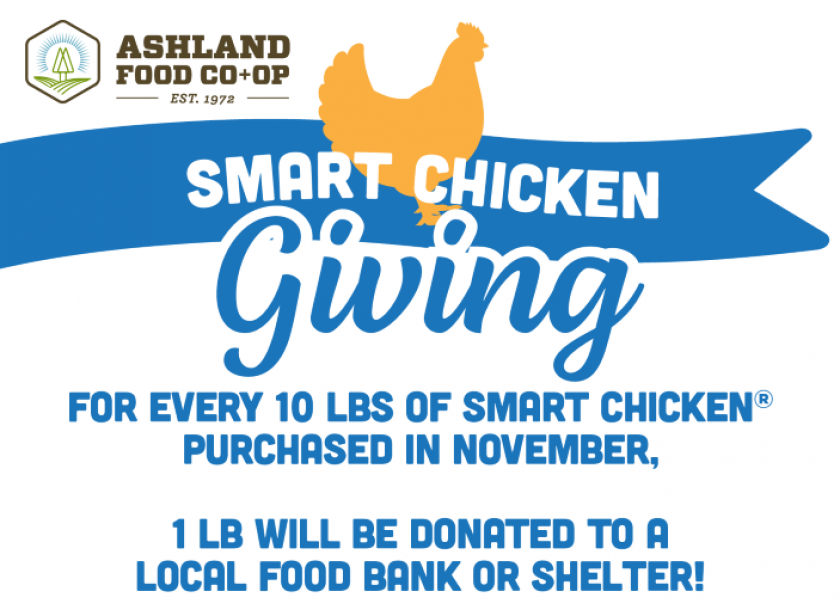
Smart Chicken® Holiday Giving in 2019
During the month of November, Co-op shoppers can nourish their own families and help fight hunger in the Rogue Valley.
Over the years, Smart Chicken® and Ashland Food Co-op have teamed up to donate thousands of pounds of chicken to ACCESS. Smart Chicken® will once again donate Smart Chicken® products based on the total volume that shoppers purchase at Ashland Food Co-op to ACCESS.
